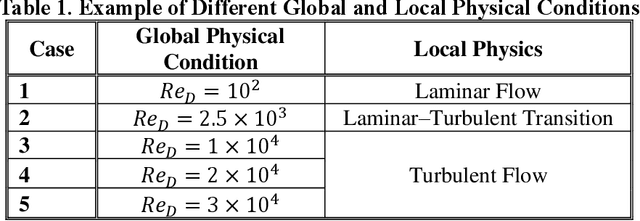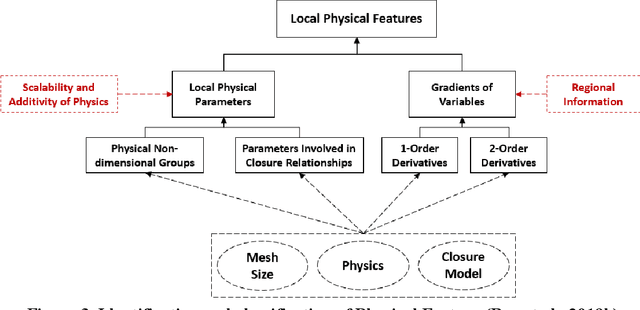Using Deep Learning to Explore Local Physical Similarity for Global-scale Bridging in Thermal-hydraulic Simulation
Paper and Code
Jan 06, 2020



Current system thermal-hydraulic codes have limited credibility in simulating real plant conditions, especially when the geometry and boundary conditions are extrapolated beyond the range of test facilities. This paper proposes a data-driven approach, Feature Similarity Measurement FFSM), to establish a technical basis to overcome these difficulties by exploring local patterns using machine learning. The underlying local patterns in multiscale data are represented by a set of physical features that embody the information from a physical system of interest, empirical correlations, and the effect of mesh size. After performing a limited number of high-fidelity numerical simulations and a sufficient amount of fast-running coarse-mesh simulations, an error database is built, and deep learning is applied to construct and explore the relationship between the local physical features and simulation errors. Case studies based on mixed convection have been designed for demonstrating the capability of data-driven models in bridging global scale gaps.
 Add to Chrome
Add to Chrome Add to Firefox
Add to Firefox Add to Edge
Add to Edge